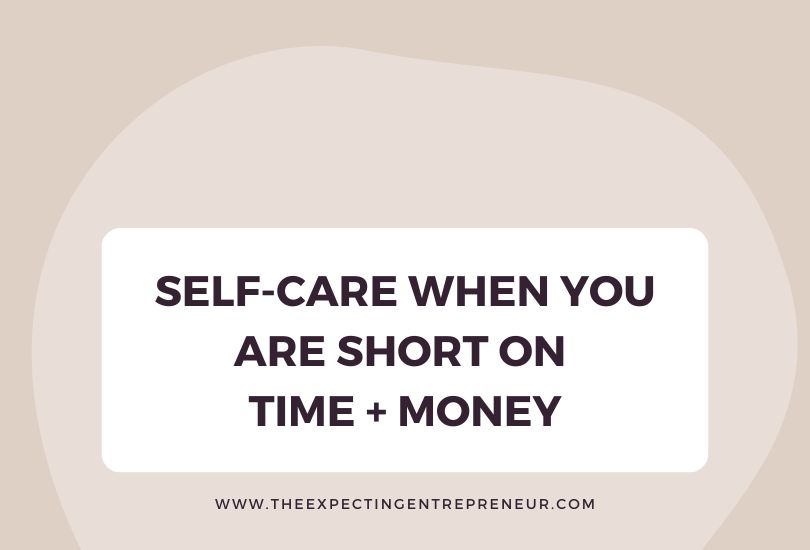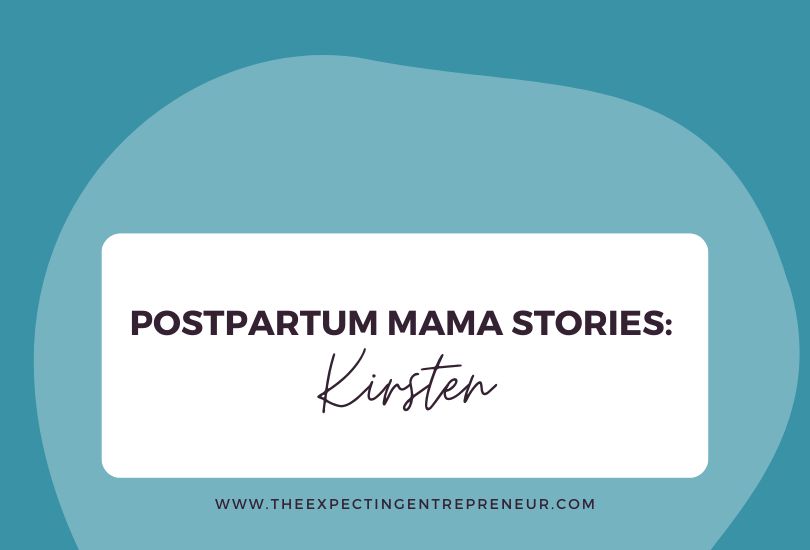I took a picture a few weeks ago when I was visiting my parents in Mexico City.
It was a mural painted in the 1920s by Jose Clemente Orozco, who is known as one of the “Three Great Muralists” of Mexico. The mural is painted on the interior courtyard wall of a building, 3 times my size.
It’s title?
Maternidad.
(That’s motherhood in Spanish : )
My favorite thing about the image is that the mother has five people around her.
Now, I’m no art history buff. I never even took an art history class.
But if you ask me, those people aren’t just ooo-ing and awwww-ing over the baby.
They are the mother’s support system.
Her community.
The people in her corner.
The description at the museum actually describes these bystanders as “5 figures displaying a protective attitude.”
When I saw that description, I went from wanabee art historian to researcher mode.
Because do you know what research on maternal health outcomes has shown?
That social support during postpartum is a protective factor and correlated with lower incidence of postpartum anxiety, depression and positive outcomes related to breastfeeding and newborn nutritional status.
(some citations are listed at the bottom of this post for my fellow nerds : )
And do you what’s even more fascinating about having a strong support network?
The research evidence demonstrates that your perception of your support system may be one of the key drivers of positive health outcomes.
Reflecting on your support system actually makes a difference.
Thinking about those people in your corner is worth it.
It may even make you more resilient.
I invite you to think about who the “5 figures displaying a protective attitude” are in your life.
Is it your family member who never gives you unsolicited advice, but is all ears when you need someone to talk to?
Is it your friend who is like a human encyclopedia and will happily answer any random child-rearing question you have at any hour of the night?
Is it your provider who reassures you that you are doing a great job whenever you walk in for an appointment?
Once you have identified who your key supportive people are, can you think of specific ways that you can call on them when you need it?
This is my favorite resource for figuring how who is in my corner and how I can lean on those people when I need them. Click on here to get your downloadable copy!
Remember the social support research I mentioned above? Here are some of the citations.
O’Hara, MW (1986) Social support, life events, and depression during pregnancy and the puerperium. Archives of General Psychiatry 43: pp. 569-573
Séguin, L, Potvin, L (1995) St.-Denis M, Loiselle J. Chronic stressors, social support, and depression during pregnancy. Obstetrics and Gynecology 85: pp. 583-589
Barnet, B, Joffe, A, Duggan, AK, Wilson, MD, Repke, JT (1996) Depressive symptoms, stress, and social support in pregnant and postpartum adolescents. Archives of Pediatrics and Adolescent Medicine 150: pp. 64-69
Hung, CH, Chung, HH (2001) The effects of postpartum stress and social support on postpartum women’s health status. Journal of Advanced Nursing 36: pp. 676-684
Hung, C-H (2005) Women’s Postpartum Stress, Social Support, and Health Status. Western Journal of Nursing Research 27: pp. 148-159
Razurel, C, Bruchon-Schweitzer, M, Dupanloup, A, Irion, O, Epiney, M (2011) Stressful events, social support and coping strategies of primiparous women during the postpartum period: A qualitative study. Midwifery 27: pp. 237-242
Jager, E, Broadbent, J, Fuller-Tyszkiewicz, M, Skouteris, H (2014) The role of psychosocial factors in exclusive breastfeeding to six months postpartum. Midwifery 30: pp. 657-666
Corrigan, Catherine P., Andrea N. Kwasky, and Carla J. Groh. “Social Support, Postpartum Depression, and Professional Assistance: A Survey of Mothers in the Midwestern United States.” The Journal of Perinatal Education 24.1 (2015): 48-60.



